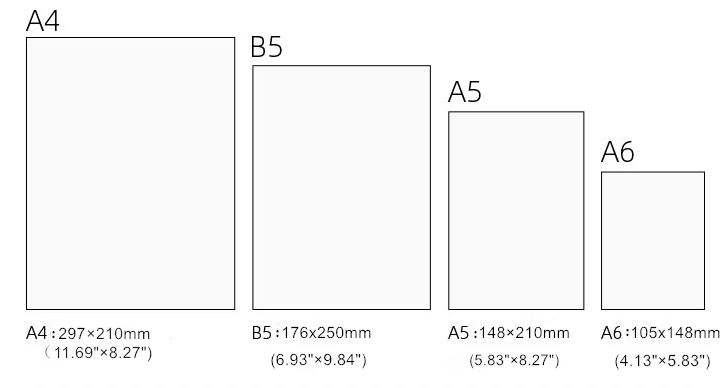An exercise book is a vital tool for students of all ages, designed to facilitate learning, organization, and practice. It is a simple yet effective means of recording and revising information, making it an essential component of any educational journey.
The exercise book typically consists of ruled or lined pages, providing a structured layout for note-taking, problem-solving, and writing exercises. The lines help maintain neatness and legibility, encouraging students to write in a straight line and develop good handwriting habits. The pages are often made of high-quality paper, which is smooth and durable, ensuring that the work within the book remains intact over time.
These books come in various sizes and formats, such as small pocket-sized versions or larger notebooks, catering to individual preferences and needs. Some exercise books have subject-specific sections, enabling students to categorize their work according to different subjects or topics. This organization facilitates easy referencing and revision, allowing students to locate specific information quickly.
Exercise books serve as a repository for class notes, homework assignments, and practice exercises. They provide a tangible record of the learning process, allowing students to review and consolidate their knowledge. By regularly revisiting their notes and exercises, students reinforce their understanding, identify areas for improvement, and track their progress.
Moreover, exercise books foster creativity and critical thinking. They offer a blank canvas for brainstorming, mind mapping, and sketching ideas. Students can jot down their thoughts, draw diagrams, or solve mathematical problems, promoting active engagement and problem-solving skills.
In conclusion, exercise books are fundamental tools for students, encouraging organization, note-taking, and practice. They facilitate effective learning, help develop good study habits, and serve as a valuable resource for revision. With their versatility and practicality, exercise books remain an indispensable part of the educational journey.















